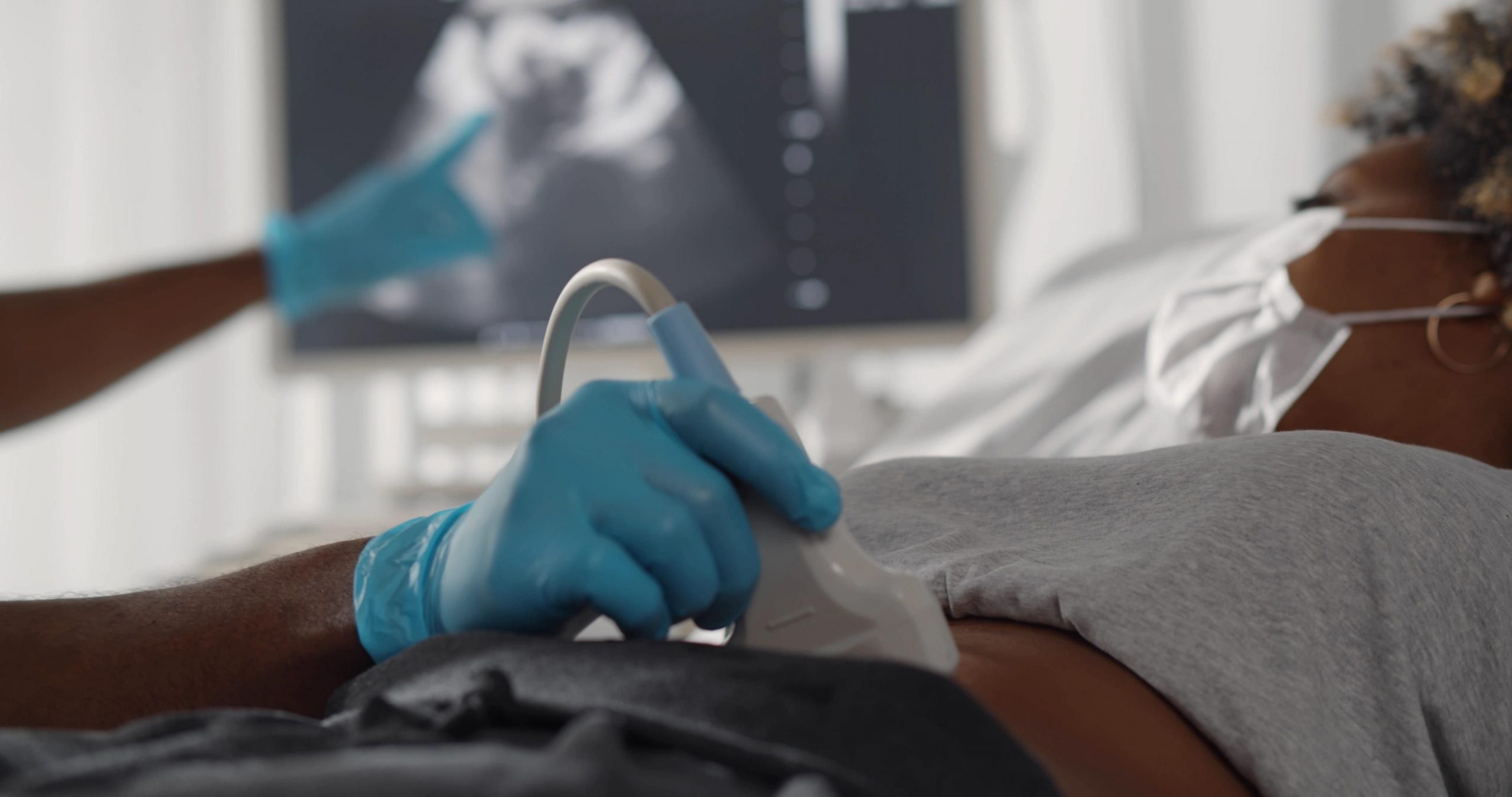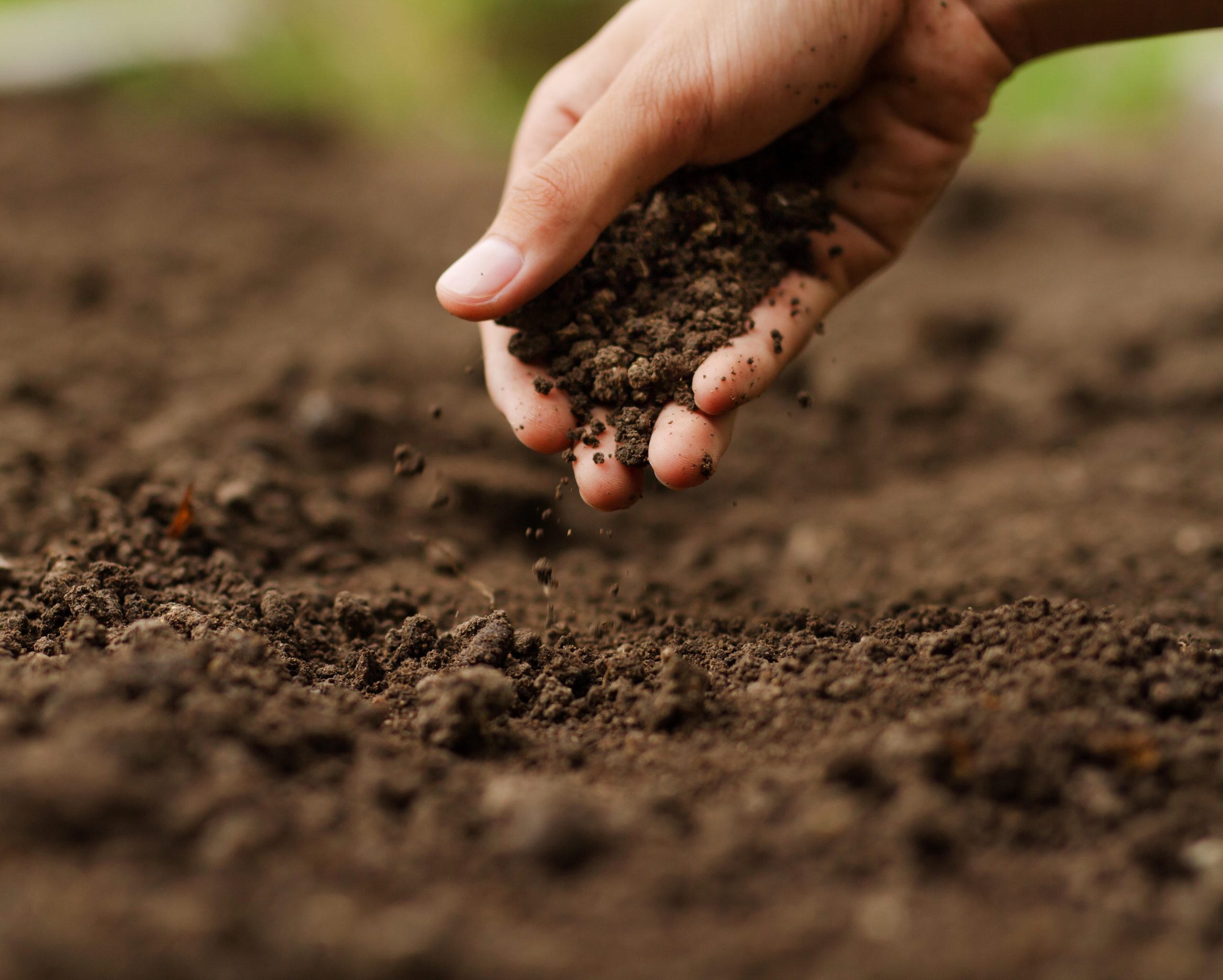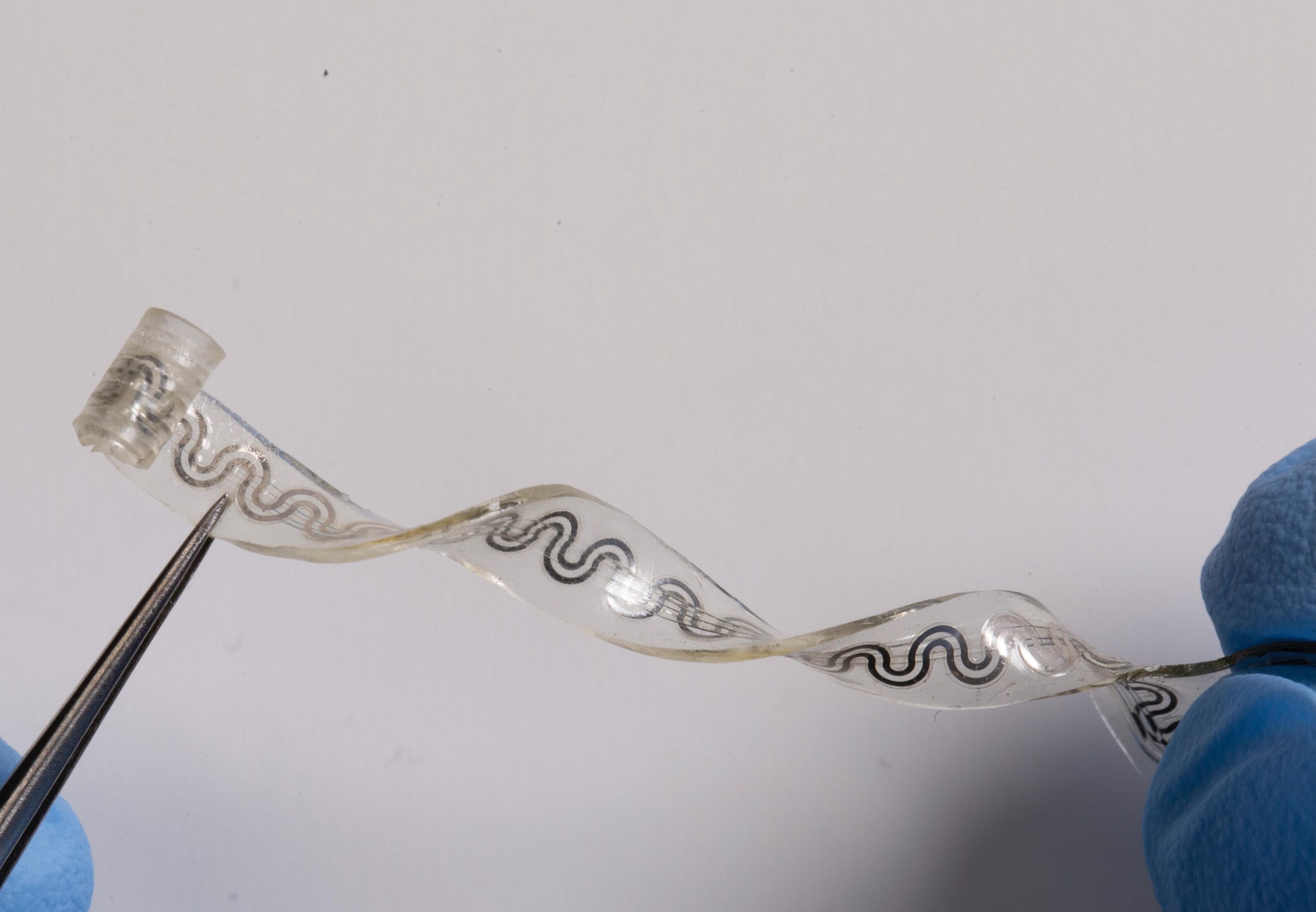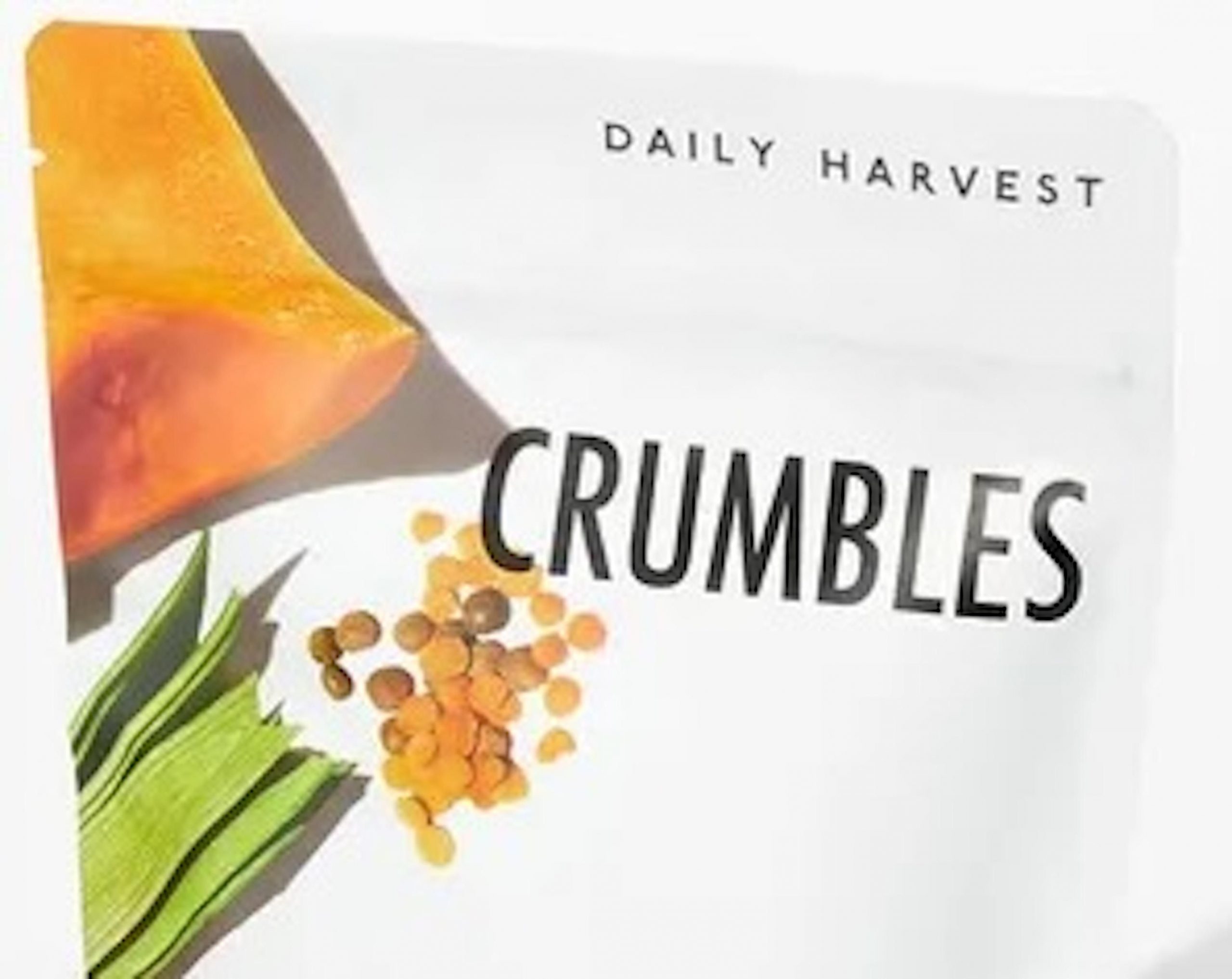
(HealthDay News) – Researchers studying genes involved in Alzheimer’s disease have identified a new gene, called MGMT, that increases risk for this common dementia in women. “This is one of a few and perhaps the strongest associations of a genetic risk factor for Alzheimer’s that is specific to women,” said co-senior study author Lindsay Farrer,… read on > read on >


















